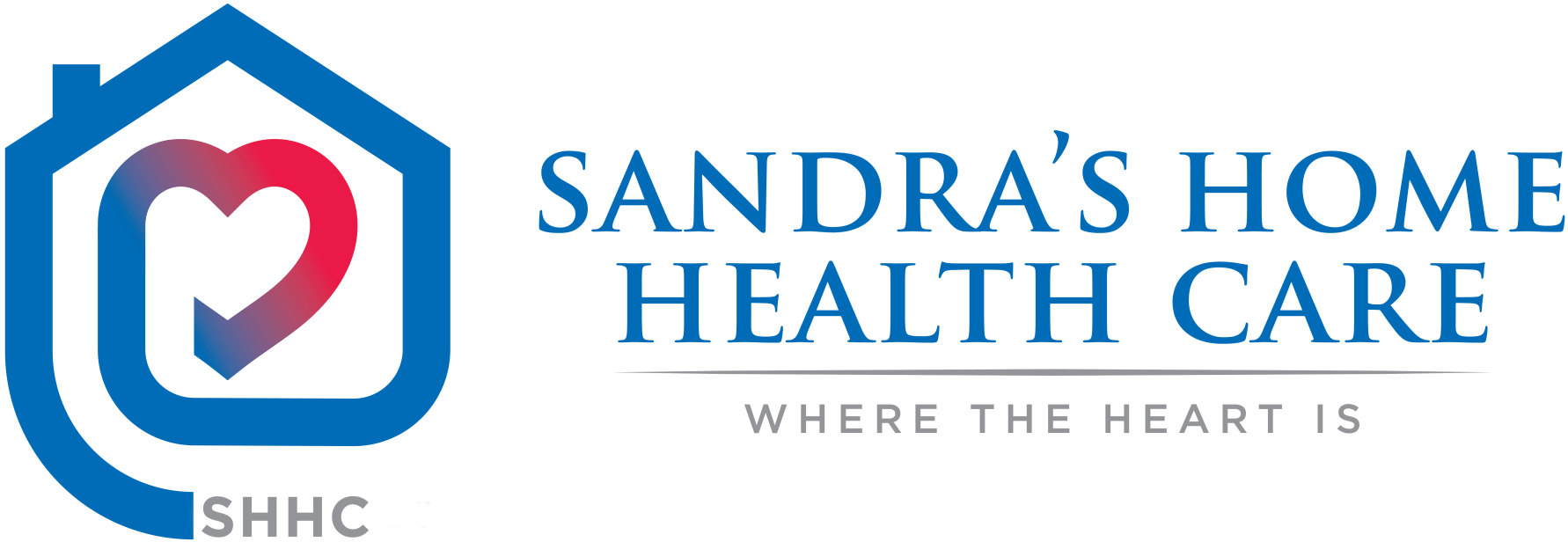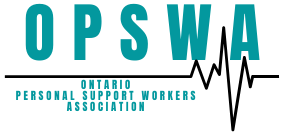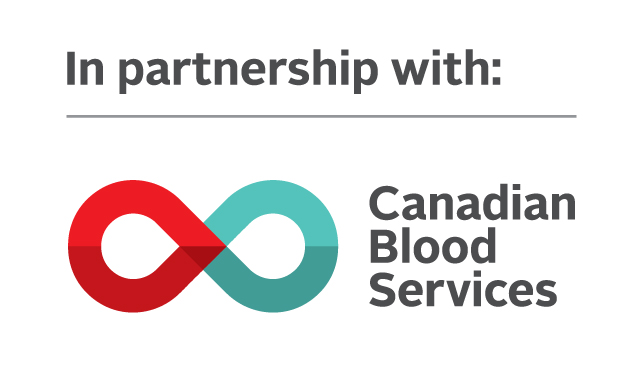Blog
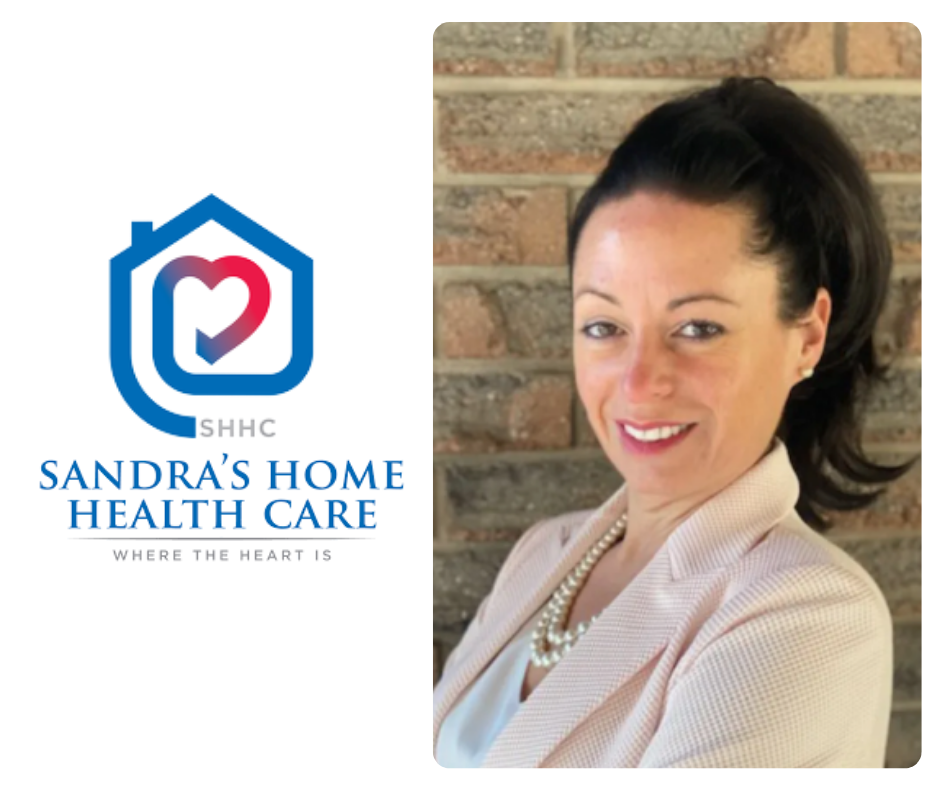
It was a worrying sign for Sandra D’Alessandro — a personal support worker in her early career. Lois Murray was in her 80’s, and in failing health. She needed help. Her family was referred to D’Alessandro, who was asked to assist the St. Catharines senior. D’Alessandro — now an award-winning owner of Sandra’s Home Health Care Services — took on that daunting challenge as a home caregiver a dozen years ago.
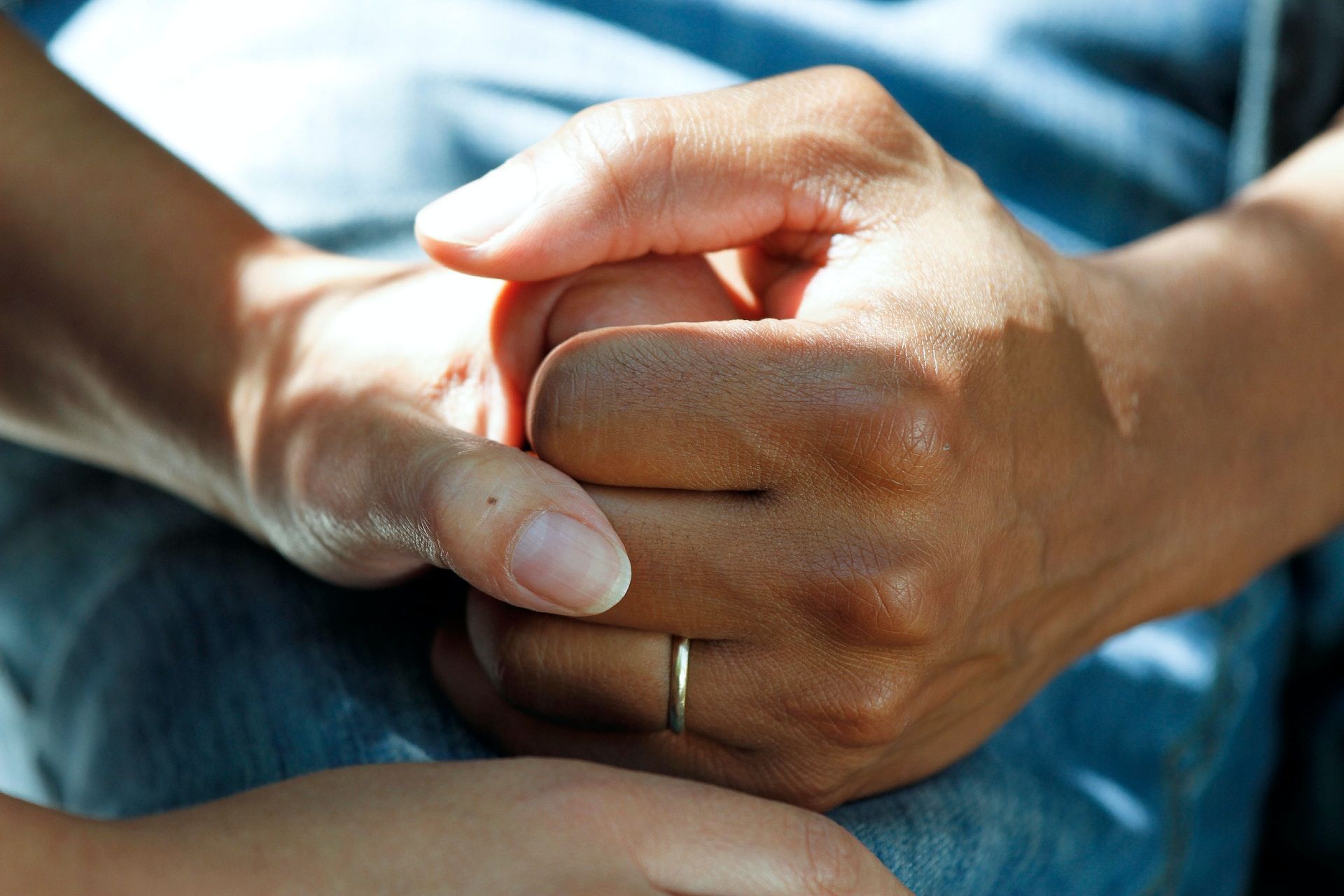
Today is World Mental Health Day , a day to reflect and raise awareness to mental health issues globally and in our communities. This day serves as an opportunity to check-in with loved ones who are susceptible to mental illness. In Canada, 1 in every 5 seniors is living with dementia, and as much as 15% of seniors present signs or symptoms of depression. Mental illnesses are often silent and unseen, yet they can cause significant impacts on the quality of life of seniors and their loved ones. By raising levels of awareness regarding mental illness, health care providers and loved ones can play a key role in the screening and assessment of older adults and their mental health. Dementia and mental illness are not normal parts of the aging process and the sooner they are recognized the sooner a struggling loved one can be connected to support and services to ease their pain. How To Know If Someone You Love May Be Struggling It can be difficult to spot the signs of mental illness, especially as we age. Although self-isolation is a primary sign of depression in seniors, it can be difficult to tell if a loved one is isolating themselves due to mental distress or due to other aging factors. Older adults and seniors are also particularly susceptible to mental illness due to natural aging events such as: experiencing loss of health, independence, and loved ones, major life changes such as retirement or change of residence, fewer interpersonal relationships, and chronic illnesses. Although at times difficult, it is of great importance to check-in frequently with loved ones to see how they are coping and adapting to ongoing changes in their lives. Social Isolation and Mental Health Social isolation can have negative impacts on an individual’s quality of life. Specifically, social isolation impacts self-esteem, confidence, and decreases a person’s connection to their community. It is important as we age to maintain our social circles and communities. A social network is a proven means of positively influencing our health in the long term because it allows us to create healthy habits and relationships. Just think, going for a daily walk or having a healthy meal is always more fun with a friend! Coping With Mental Illness There are many ways to aid a loved one’s battle with mental illness. By ensuring our loved ones are living a relatively physically active and healthy lifestyle within their means is an important way to ensure a more balanced and regulated mental state. Maintaining consistent relationships with friends, family, and caregivers is also a good way of staving off loneliness and anxiety. Most of all, it is important that we are providing safe spaces for aging loved ones in our lives. so that they may feel supported and comfortably willing to ask for help when needed. Planning activities at home or out in the community is a great way of creating a safe and supportive space! If left untreated, mental illness can quickly lead to other adverse health complications. For this reason, it is important to act when signs of mental illness are spotted. Those who display symptoms of mental illness or mental distress may benefit from: increased social interactions mental health education therapy and in some cases, medication. External Resources Family, loved ones, and primary care providers play an important role in the healthy status of our seniors. It is important that we use opportunities such as today’s World Mental Health Day to talk about mental illness and reduce the stigma. As people feel more comfortable speaking about their own struggles with depression, dementia, and other mental illnesses, those suffering silently will feel more comfortable to speak up and ask for help. To learn more about PSW services here at Sandra’s Home Health Care, please call us at 289-213-3431, visit our website www.shhcniagara.com, or email us at contact@shhcniagara.com For more resources for seniors, their families, and their caregivers, look to the following: Alzheimer Society of Niagara Region Government of Canada: Resources for Seniors Niagara Gatekeepers

Did you know that accidental falls can occur regardless of age or physical capability? Last year, approximately 150,000 Canadians visited the hospital due to a fall! While preventing every fall might be impossible, taking time to address potential fall hazards in our homes, increasing our knowledge about fall prevention, and sharing this knowledge with loved ones can significantly reduce the risks. While a fall can set anyone back, as we age, our bones and bodies become more fragile. Falls during the later stages of life can profoundly alter a person's quality of life and ability to complete (ADLs) Activities for Daily Living. The consequences of such incidents extend beyond the immediate physical challenges; they can also take an emotional toll. The good news, however, is that there are effective strategies for fall prevention and specialized services available to aid individuals in maintaining their independence and recovering from injuries. In this blog, we'll delve into the significance of fall prevention, the services tailored for prevention and those with limitations, and the journey toward recovery. The Gravity of Falls A fall can range in severity, from minor bruises to more severe outcomes like fractures or broken bones. These incidents can have long recovery periods that reduce mobility and disrupt an individual's regular routines. However, the impacts extend beyond the physical domain. The fear of falling can cast a shadow over one's behavior, curtailing physical activities and triggering a sense of isolation. This amalgamation of effects ultimately leaves a significant imprint on an individual's overall health and quality of life. Since the healing process tends to prolong with age, the duration of these physical and mental consequences can be substantially extended. After experiencing a fall, elders often encounter a substantial loss of control over their lives due to a confluence of factors. Several key factors include: Physical Limitations: Falls can alter the way our bodies move and interact with the world during our daily routines. Fear: Once a fall occurs, the likelihood of subsequent falls increases significantly. Studies indicate that those who have experienced a fall are twice as likely to fall again within a year. Dependence: During recovery, elders may require assistance for daily tasks they were once capable of performing independently, whether through professional care or the support of family caregivers. Diminished Confidence: Falling exposes intense vulnerability. Whether diminished spirits arise from recognizing personal limitations or fearing becoming a burden, this lack of confidence can weigh heavily on the mind. Addressing these factors comprehensively is vital to not only preventing falls but also aiding in the recovery and empowerment of individuals who have experienced a fall. In the following sections, we will delve into practical strategies, specialized services, and emotional support mechanisms that contribute to effective fall prevention, rehabilitation, and the restoration of autonomy. Addressing Fall Prevention While falling is not entirely preventable, anyone can implement fall prevention tactics for themselves or a loved one. Examples may include: Clearing Clutter: Removing cords, wires, shoes, or any other obstacles from walkways is a simple but effective way to reduce the chances of a fall. Improved Lighting: Whether you are walking to the washroom in the middle of the night or putting out the garbage in the evening, low-light environments make it more difficult to navigate the world around us. Medication Management: Consult your trusted healthcare provider to review medications, as some may cause nausea or dizziness. Regular Check-Ups: Do you know an elder or loved one who lives alone? Checking in on them regularly can be crucial in helping someone if they do fall and cannot contact help. Vision Checks: When was the last time you had an eyesight exam? Over the course of our lives, our capabilities change. Vision is one of these capabilities, an eye exam is a great way to have a professional tell you if your vision has changed over time. By following these tips and making the necessary adjustments to their living spaces and routines, seniors may reduce the risk of falls and create a safer environment that supports their well-being and independence. When Do I Seek Professional Support? Perhaps you have noticed that you occasionally feel dizzy during your morning walk or would just like to have peace of mind knowing help is here for you. A PSW (Personal Support Worker) is trained to recognize potential fall hazards and implement techniques to help mitigate the chances of a fall. Collaborating with a PSW can empower seniors to maintain their independence while receiving professional support that aligns with their specific needs. With their expertise in fall prevention strategies, personalized care plans, and compassionate approaches, PSWs contribute significantly to enhancing the overall well-being of seniors and individuals with limitations or disabilities. By working together, seniors and PSWs can create a safe and supportive environment that fosters a higher quality of life and a greater sense of security. To learn more about PSW services here at Sandra’s Home Health Care, please call us at 289-213-3431, visit our website www.shhcniagara.com, or email us at contact@shhcniagara.com.
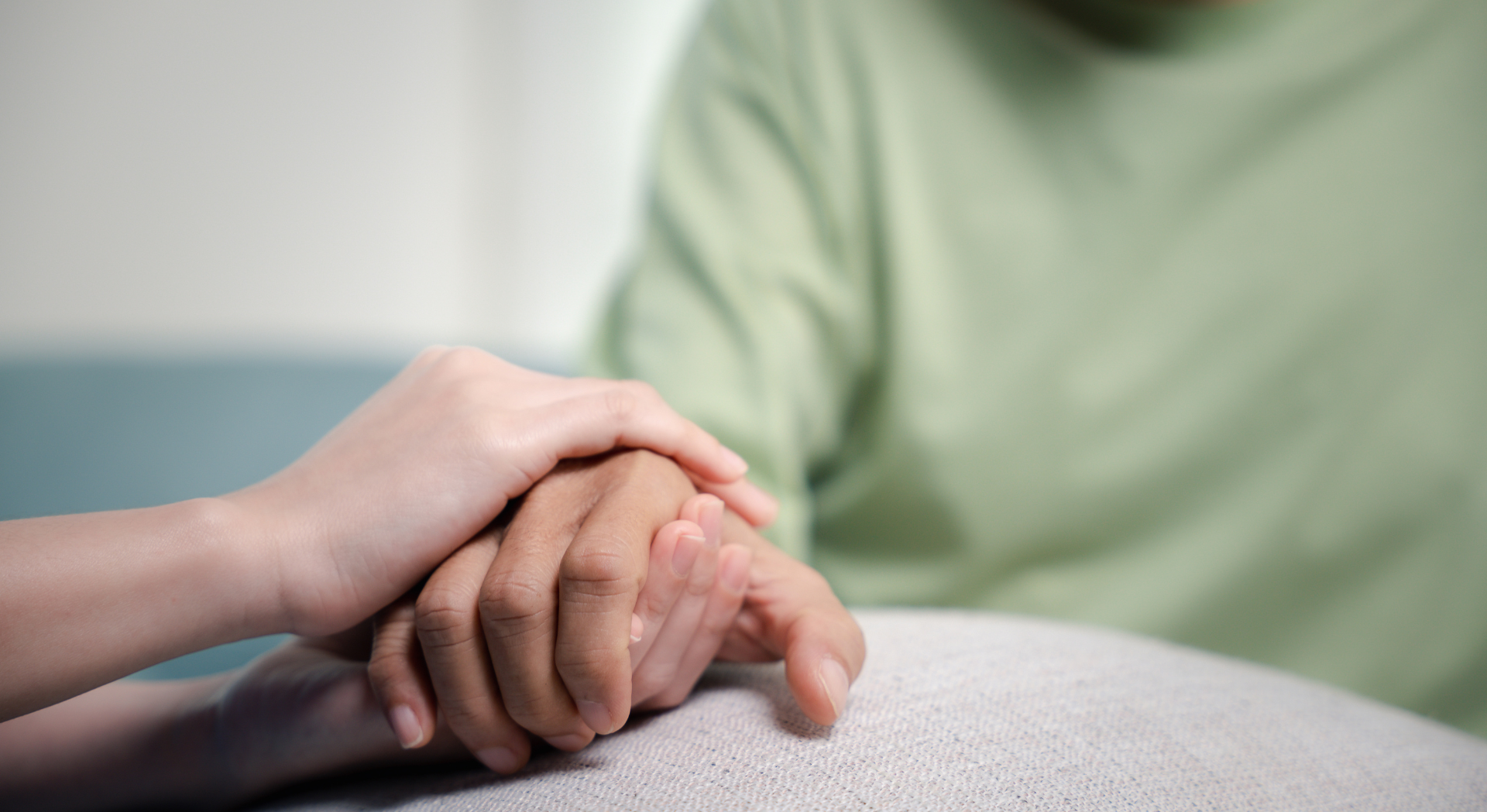
Respite Care: A Lifeline for Caregivers
Our Respite Care gives caregivers a vital breather. We understand 'family' extends to chosen ones – neighbors, friends, community. You rest, they're cared for, benefiting from fresh experiences, new connections, beyond-the-routine activities. Respite uplifts caregivers and enhances recipients' quality of life.
Preventing Caregiver Burnout
Long-term caregiving can lead to exhaustion. Our Respite Care brings equilibrium. Unwind and care for yourself, ensuring your loved one is in safe hands.
Planning Respite: What Matters
Consider your loved one's unique needs – medication, personal care, dietary specifics. Decide frequency and duration, from brief respites to scheduled breaks.
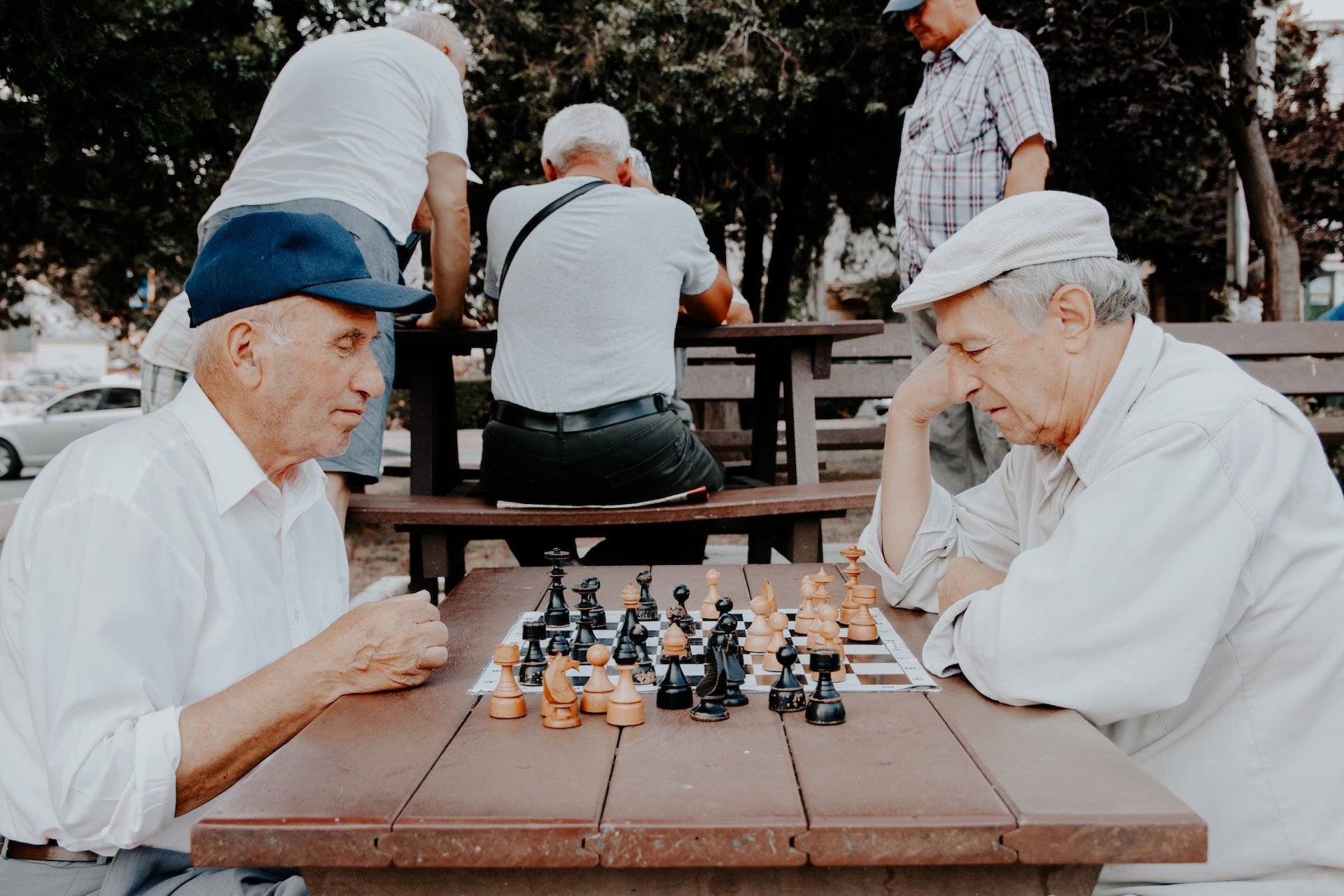
Our PSWs are trained and committed to providing specialized cognitive support that promotes better overall well-being and mental wellness. Meaningful conversations and activities are great ways to engage at all levels of capabilities. Did you know that daily engagement and activities can help prevent or slow the impacts of Alzheimer and Dementia? Creating an environment that fosters mental agility and memory retention is top of mind at Sandra’s Home Health Care!
Activities for Daily Living (ADLs) are integral to our care philosophy. We firmly believe that these activities are essential for enhancing independence, maintaining functionality, and improving our clients' overall quality of life. Our approach to ADLs revolves around individuality, choice, and empowering our clients to participate actively in their daily routines.
